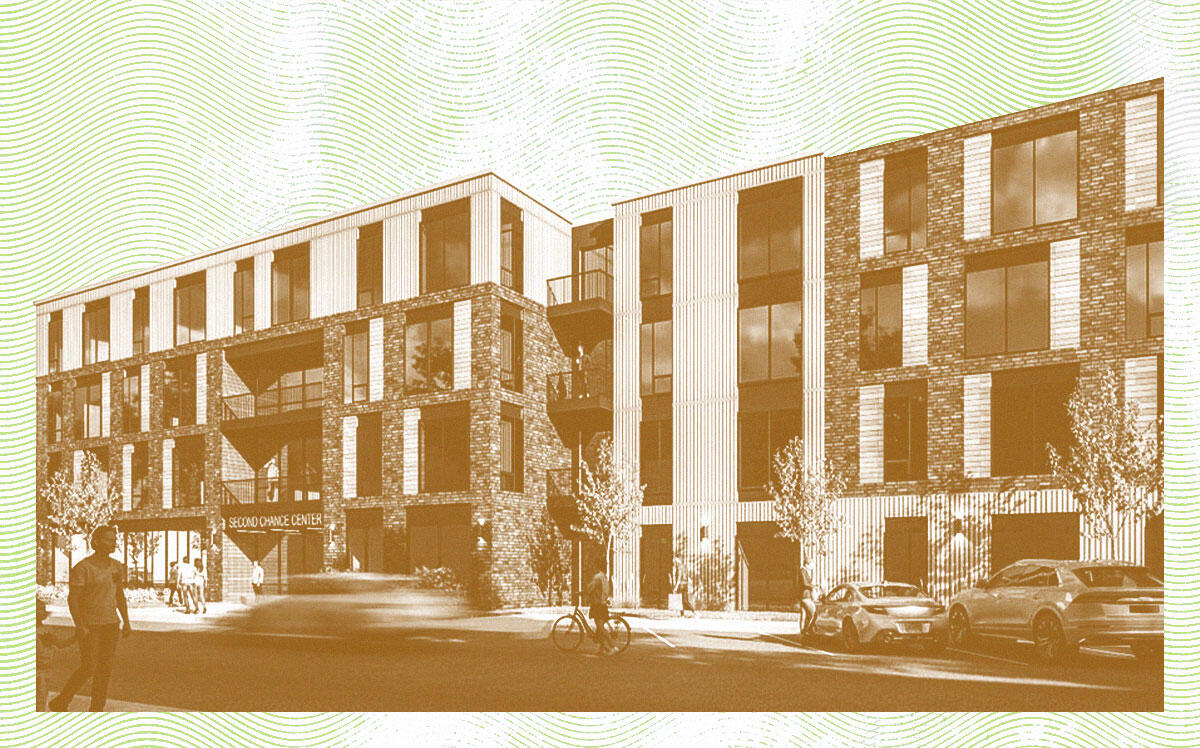Trending
Affordable housing development aimed at helping ex-prisoners planned near Chicago Midway International Airport
The $28M project is expected to break ground in September

A $28 million affordable housing development near Chicago Midway International Airport, aimed at helping former prisoners, is expected to break ground this fall.
Local real estate development firms G Carter Group and P3 Markets will build Halim A. Flowers Center, which includes transitional housing, rental apartments, and single-family homes, on 4829 South Kedzie Avenue, according to the Chicago Business Journal. Halim A. Flowers Center was named after a former inmate who was released from prison three years ago.
“The development will not only provide housing but also social services to help former inmates, especially women, get back on their feet and on the road to homeownership,” Brittini Flatley, founder and CEO of G Carter Group, told the Business Journal.
Construction of the three-phase project is expected to begin in September with completion slated for November 2023. Phase one will consist of 50 units for transitional housing, followed by apartments in phase two and condominiums and single-family homes in phase three. About $4 million, 15 percent of the costs has been secured for development, Flatley added.
Addressing the lack of affordable housing in the city has been Chicago Mayor Lori Lightfoot’s priority since taking office in 2019. The city will invest $1.2 billion to create or preserve 2,428 rental units this year, double the allocation of $398 million in 2019.
Out of the 24 developments planned, eight are within the city’s underdeveloped South and West Side. Chicago’s City Council approved a 64-unit affordable housing complex in January and a 92-year-old Logan Square church is in the works to provide 22 apartments for low-income Latin and American communities, both in the city’s gentrifying Humboldt Park neighborhood.
[Chicago Business Journal] – Connie Kim




